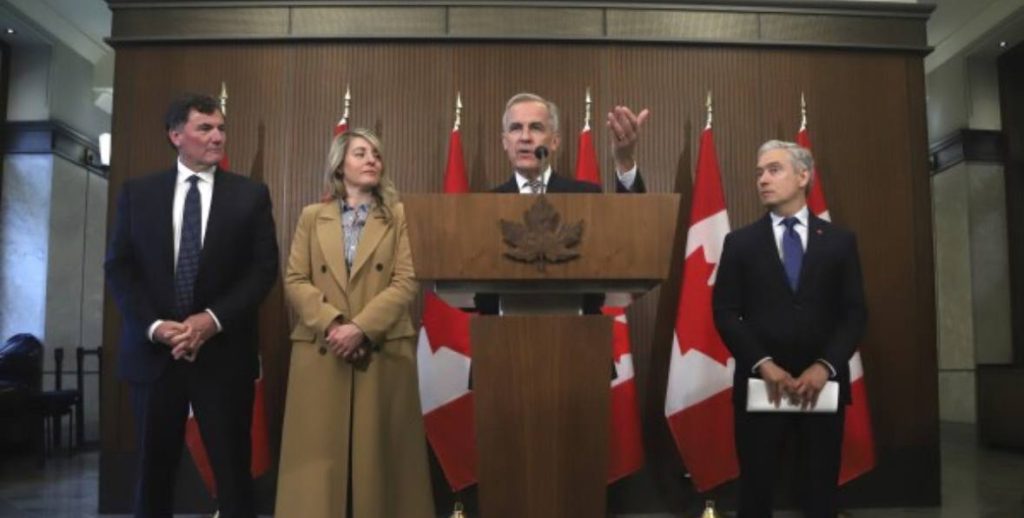In a surprise move just hours before the first payments were due, the Canadian government has officially rescinded its planned Digital Services Tax (DST) targeting large U.S. technology companies. The decision, announced late Wednesday, is being seen as a significant gesture to ease tensions with Washington and restart stalled trade negotiations.
The tax, which was set to take effect this week, aimed to impose a 3% levy on revenues earned in Canada by foreign digital companies such as Google, Amazon, Meta, and Apple from online advertising, user data, and digital platforms. Ottawa had defended the tax as a matter of fairness, arguing that tech giants were profiting from the Canadian market without paying their fair share.
However, the move had drawn sharp criticism from the United States, which warned of potential retaliatory tariffs and accused Canada of unfairly targeting American firms. Trade talks between the two countries had effectively frozen as a result.
Canada’s Finance Minister, Chrystia Freeland, said in a statement that while the government remains committed to taxing digital profits fairly, it is putting the tax “on hold in good faith” to allow for renewed cooperation with the United States.
“We are choosing diplomacy over escalation,” Freeland said. “Canada will continue to work with its global partners to find a multilateral solution on digital taxation through the OECD framework.”
U.S. Trade Representative Katherine Tai welcomed the announcement, calling it “a constructive step toward restoring trust and economic cooperation between our nations.”
Digital advocacy groups in Canada have expressed disappointment, calling the tax withdrawal a step back in the fight for corporate accountability. But business groups and economists hailed the move, noting it reduces uncertainty and opens the door for smoother North American trade relations.
Trade talks between Canada and the U.S. are expected to resume early .

